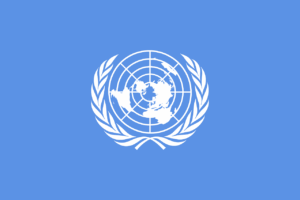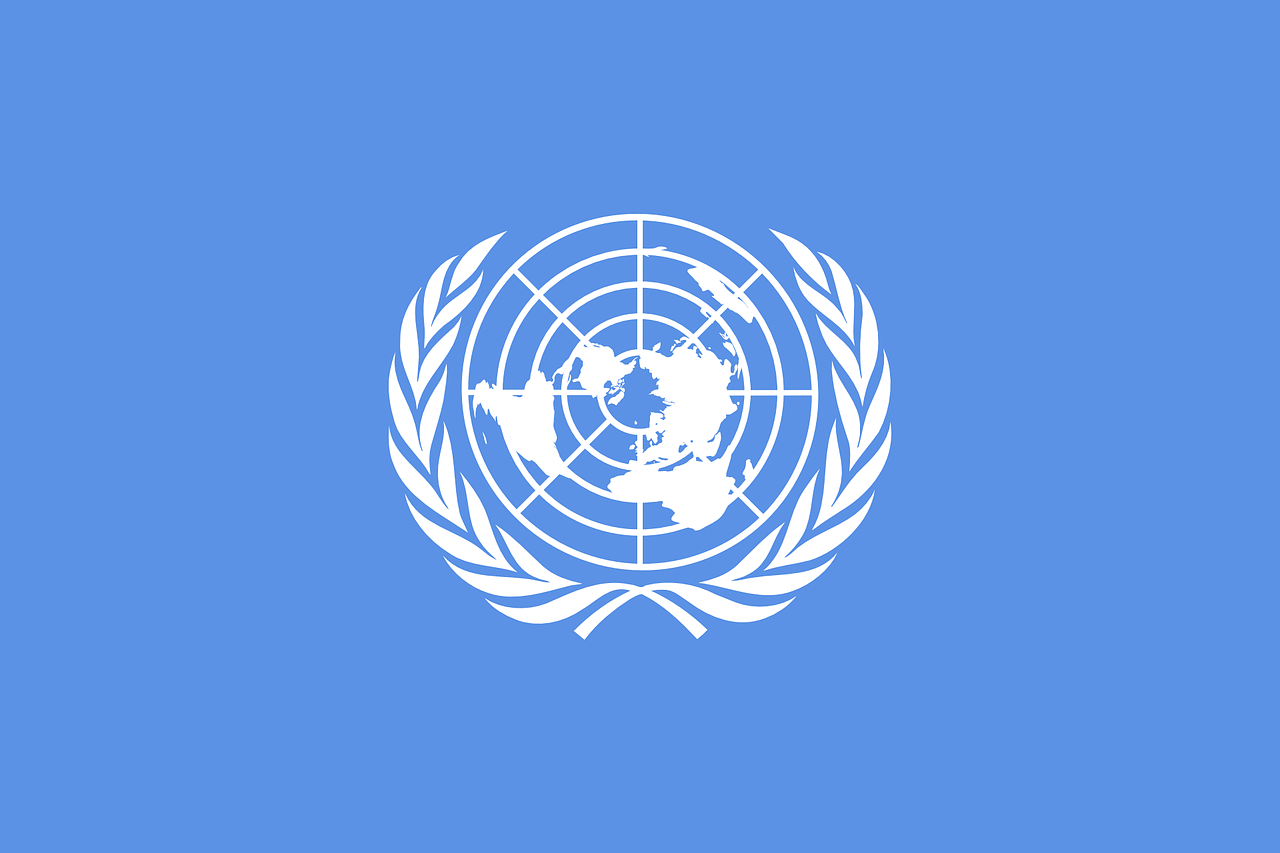For over three decades, the United Nations (UN) has arguably drifted into increasing irrelevance, its foundational principles often overshadowed by the geopolitical realities it was designed to manage. While the annual gathering of heads of government at its New York headquarters offers a symbolic platform for global dialogue, a closer examination reveals a systemic undermining of the UN’s leadership and objectives by its most powerful members. This disconnect between stated ideals and practical outcomes raises fundamental questions about the organization’s continued efficacy and purpose in a rapidly evolving world.
A prime example of this undermining behavior is the consistent actions of the United States. Despite the UN’s mandates and resolutions aimed at promoting peace and human rights, the USA’s unwavering protection of Israel, as that nation continues to engage in actions causing harm and instability to its neighbors in the Middle East, directly challenges the UN’s authority. This perceived favoritism and the ability of a permanent Security Council member to veto critical resolutions effectively paralyze the organization’s capacity to act impartially and decisively in major conflicts.
Similarly, Russia’s conduct has frequently demonstrated a disregard for the UN’s peacekeeping and humanitarian efforts. Beyond its direct involvement in conflicts, Russia has been accused of fostering instability and engaging in disruptive activities across various regions, particularly in Africa. Such actions, often aimed at expanding influence or securing resources, frequently run counter to the UN’s stated goals of fostering stability, promoting self-determination, and alleviating humanitarian crises, further highlighting the chasm between the UN’s aspirations and the realities of great power politics.
China’s expanding global footprint also presents a challenge to the UN’s intended role. While outwardly supporting multilateralism, China’s engagement with African countries, characterized by extensive lending that often leads to unsustainable debt burdens and the extraction of valuable minerals, gold, and diamonds, raises concerns about equitable development and sovereignty. Critics argue that these practices, while economically driven, can entrench dependencies and exploit resources in ways that contradict the UN’s broader development goals and its commitment to fair international relations.
Collectively, these actions by the UN’s most influential permanent members—the very nations entrusted with upholding its charter—render the organization largely ineffective in addressing critical global issues. The consistent undercutting of its authority, the selective application of international law, and the prioritization of national interests over collective security and human rights, create a perception of helplessness and impotence. In this context, the argument for disbanding the United Nations gains traction, as its current structure appears ill-equipped to genuinely halt bloodshed or enforce justice when faced with the recalcitrance of its most powerful constituents.
In this grim context, the efforts of figures like António Guterres, the Secretary-General of the UN, appear increasingly futile. Despite his well-intentioned speeches and tireless diplomatic endeavors, his appeals for cooperation and adherence to the UN Charter largely fall on deaf ears. The fundamental issue lies not with the leadership itself, but with the consistent unwillingness of the most powerful member states to abide by the very principles they are sworn to uphold. When the permanent members of this august body show such scant interest in following the UN Charter, its time to seriously consider disbanding this institution. The current structure seems inherently flawed, allowing the self-serving actions of a few to perpetually cripple the organization’s ability to genuinely halt bloodshed or enforce justice on a global scale.





